EV fires make headlines
because they're rare
EVs are 19–60 times less likely
to catch fire than petrol cars.
Electric vehicles are renowned for their exceptional safety standards, incorporating the latest protective features and achieving top safety ratings from independent testing organisations. Advanced battery management systems and cutting-edge safety technology make EVs among the safest vehicles on our roads.
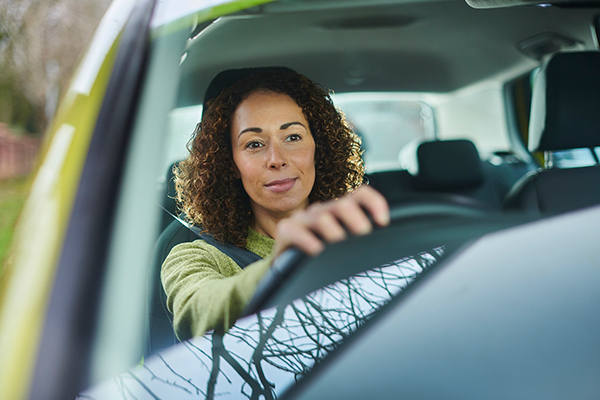
EVs are 19–60 times less likely
to catch fire than petrol cars.
You can charge in rain,
snow, or even wash your
car while plugged in.
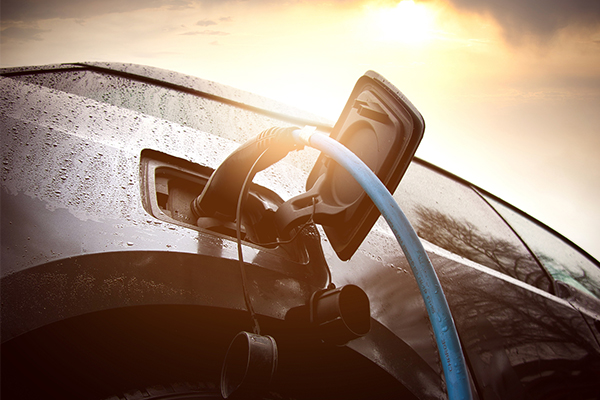
Rigorously tested for water resistance, crash protection, and electromagnetic compatibility. The DVSA enforces strict inspection protocols, emergency crews get dedicated EV training, and chargers follow high electrical safety standards. The result? Safer EVs, smarter systems, and greater peace of mind.
With thermal blankets, water immersion, and advanced monitoring to handle them safely. EV fires remain extremely rare, and evolving safety protocols ensure that emergency crews have the tools and training to
keep everyone protected.
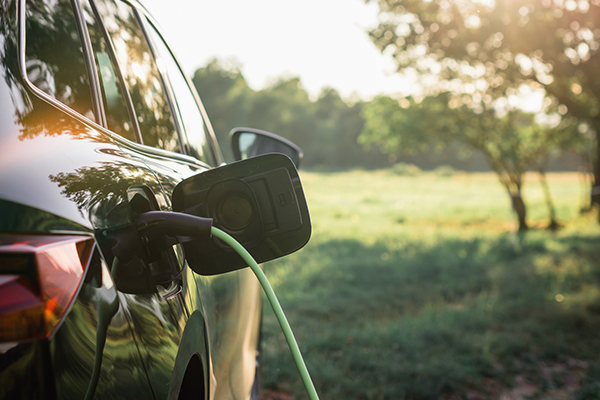
The evidence is clear: EVs are safe.
In fact they often outperform petrol
cars in crash tests.
Find the most affordable EVs
that match your needs, from daily
commutes to weekend adventures.
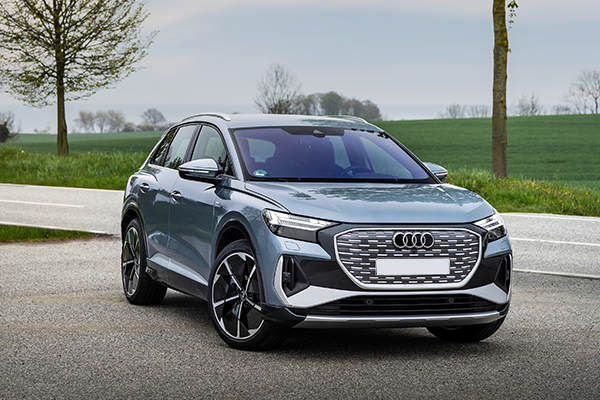
.png)
.png)
.png)
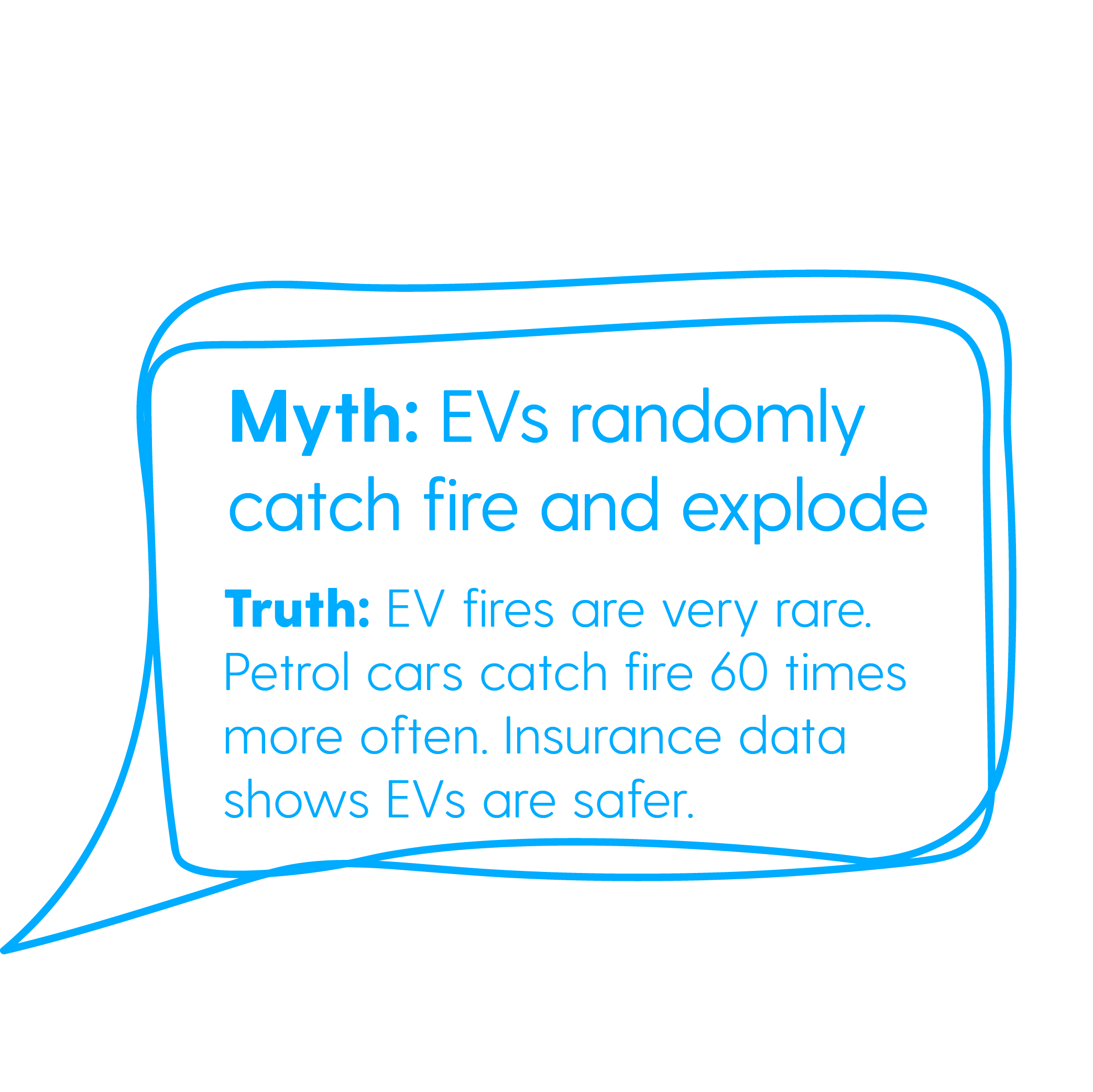
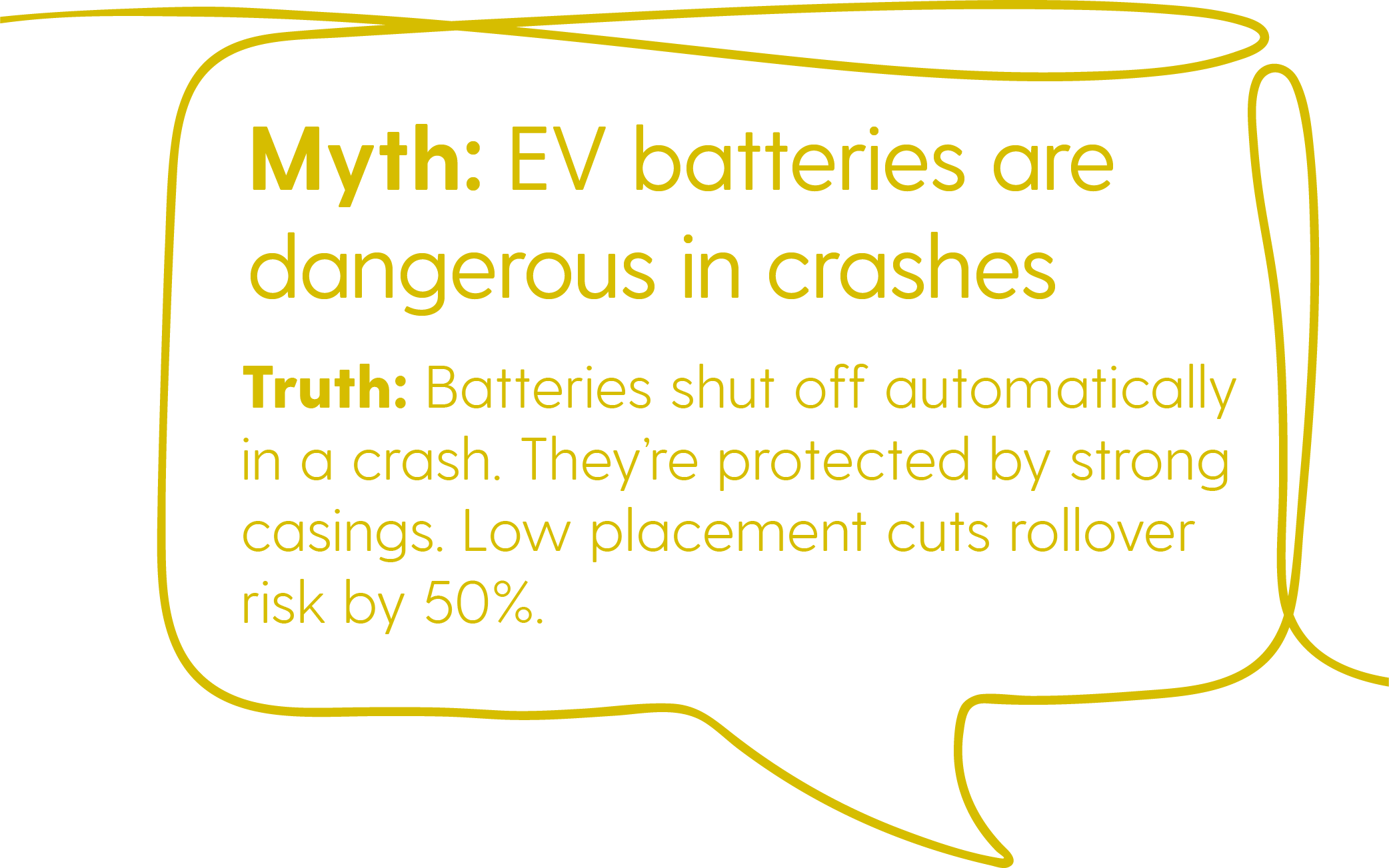
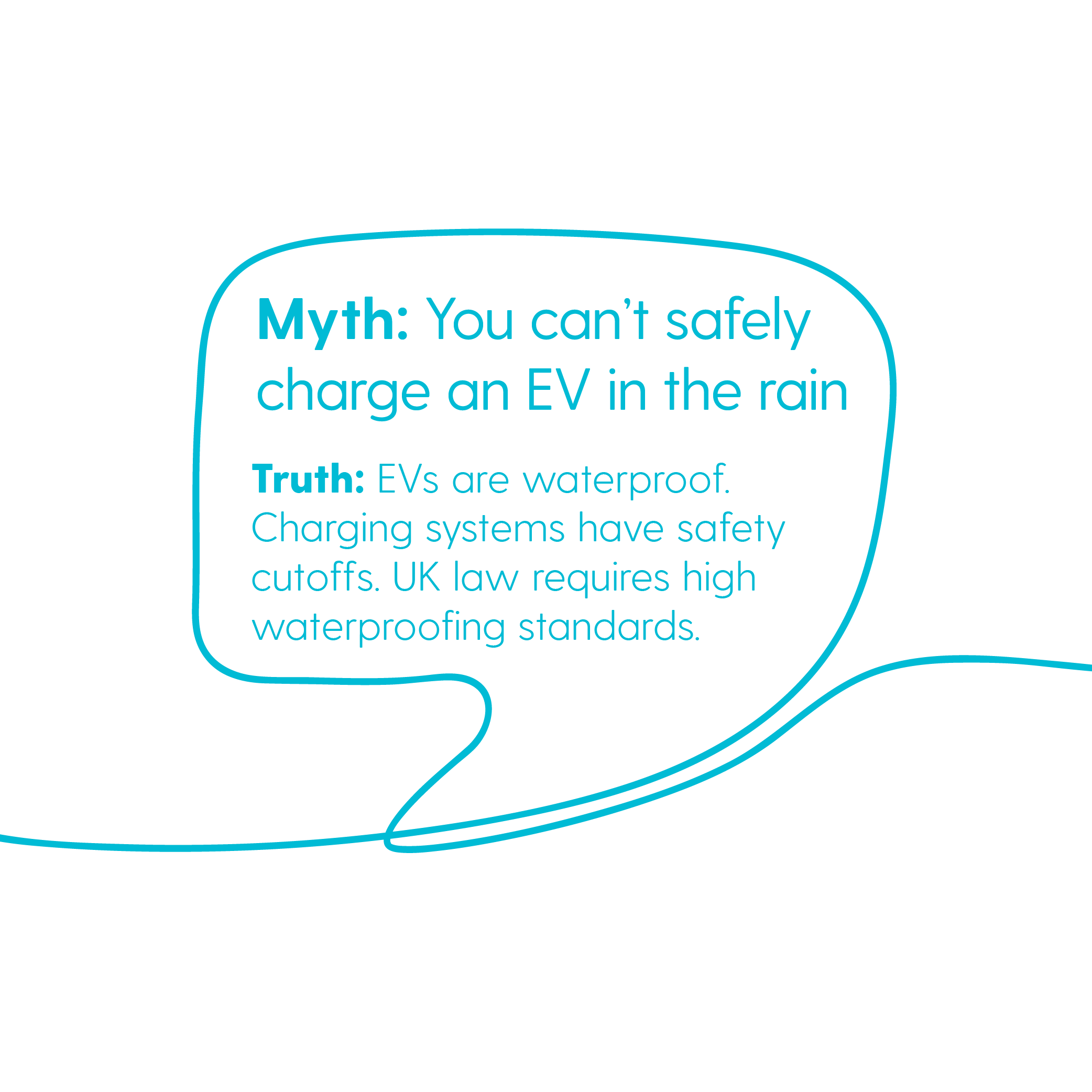
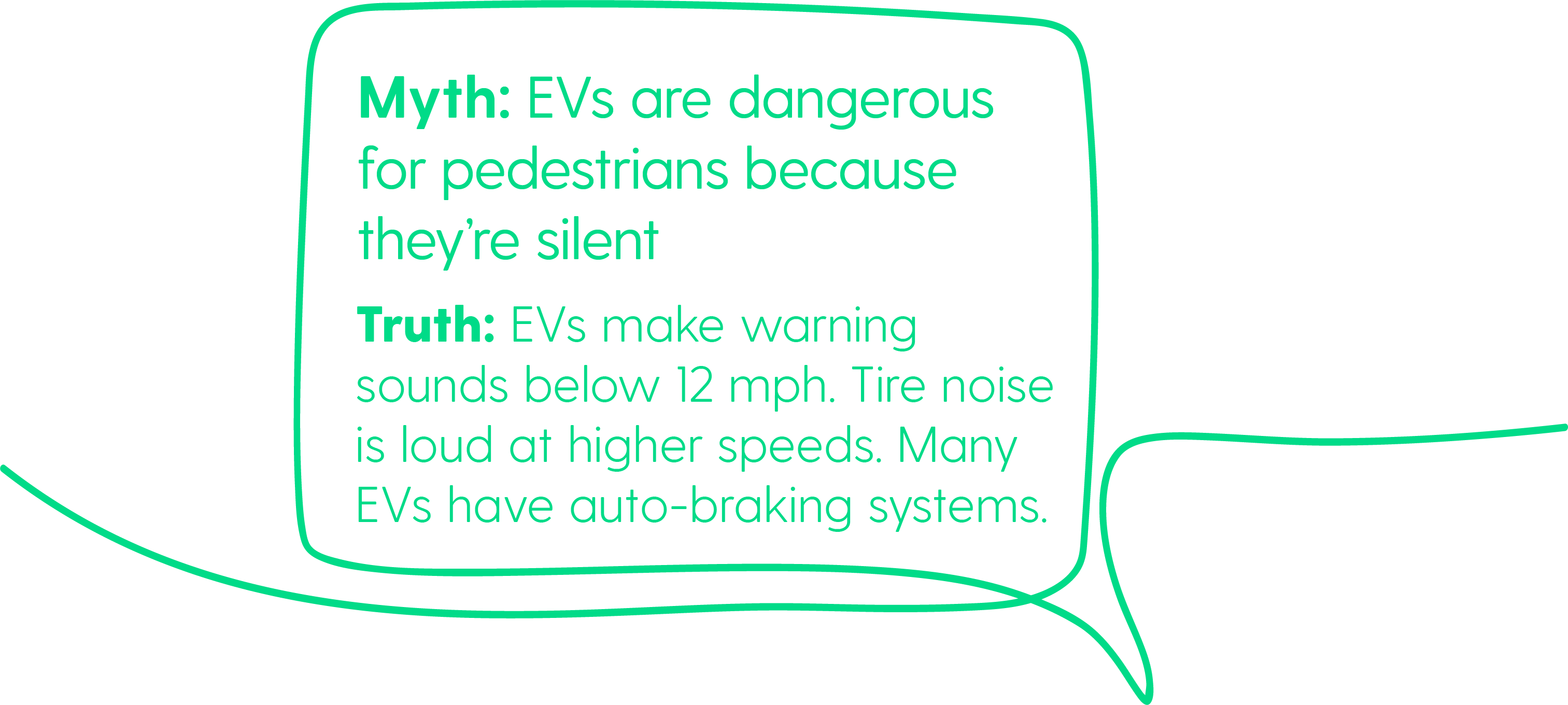
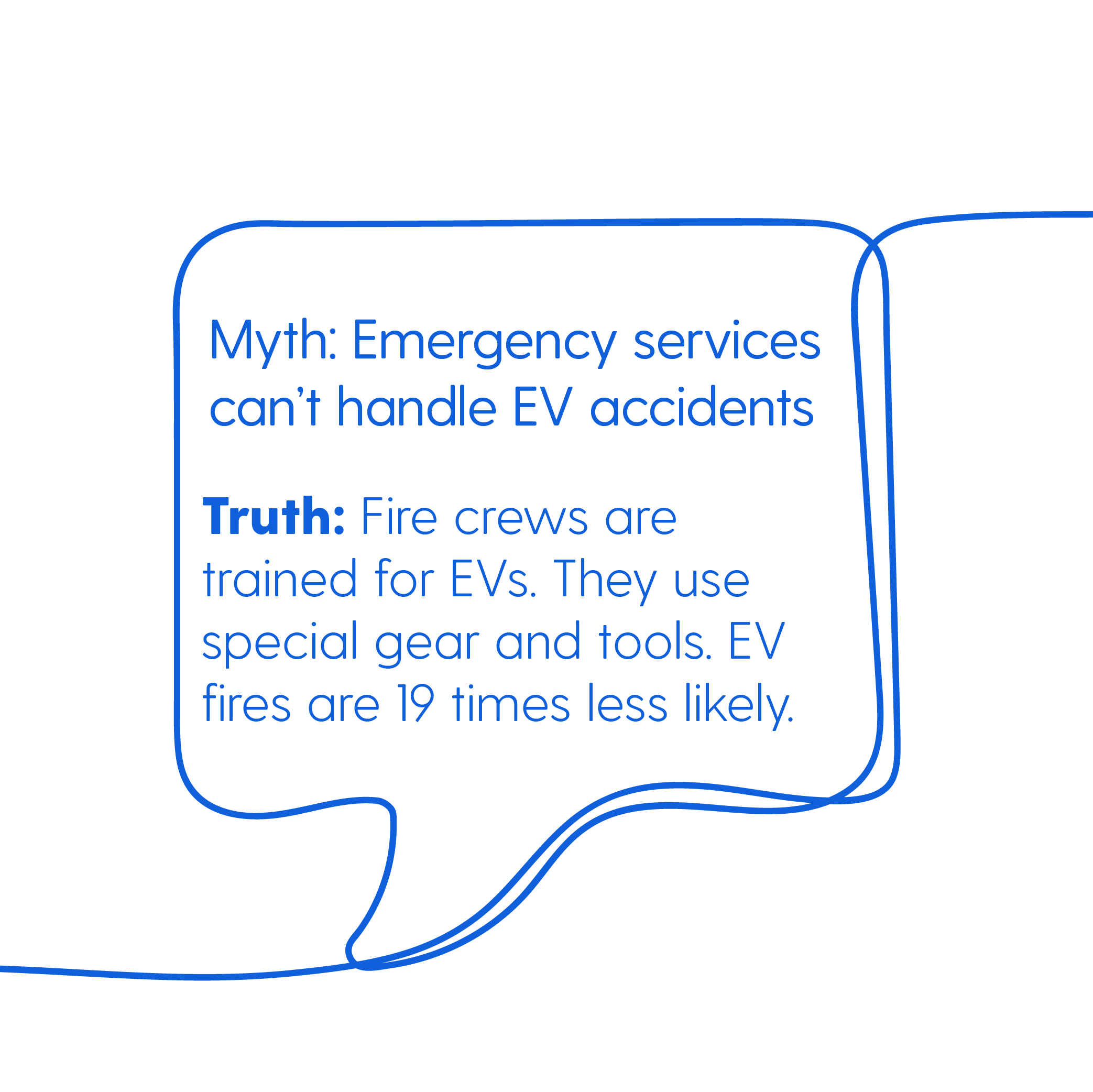
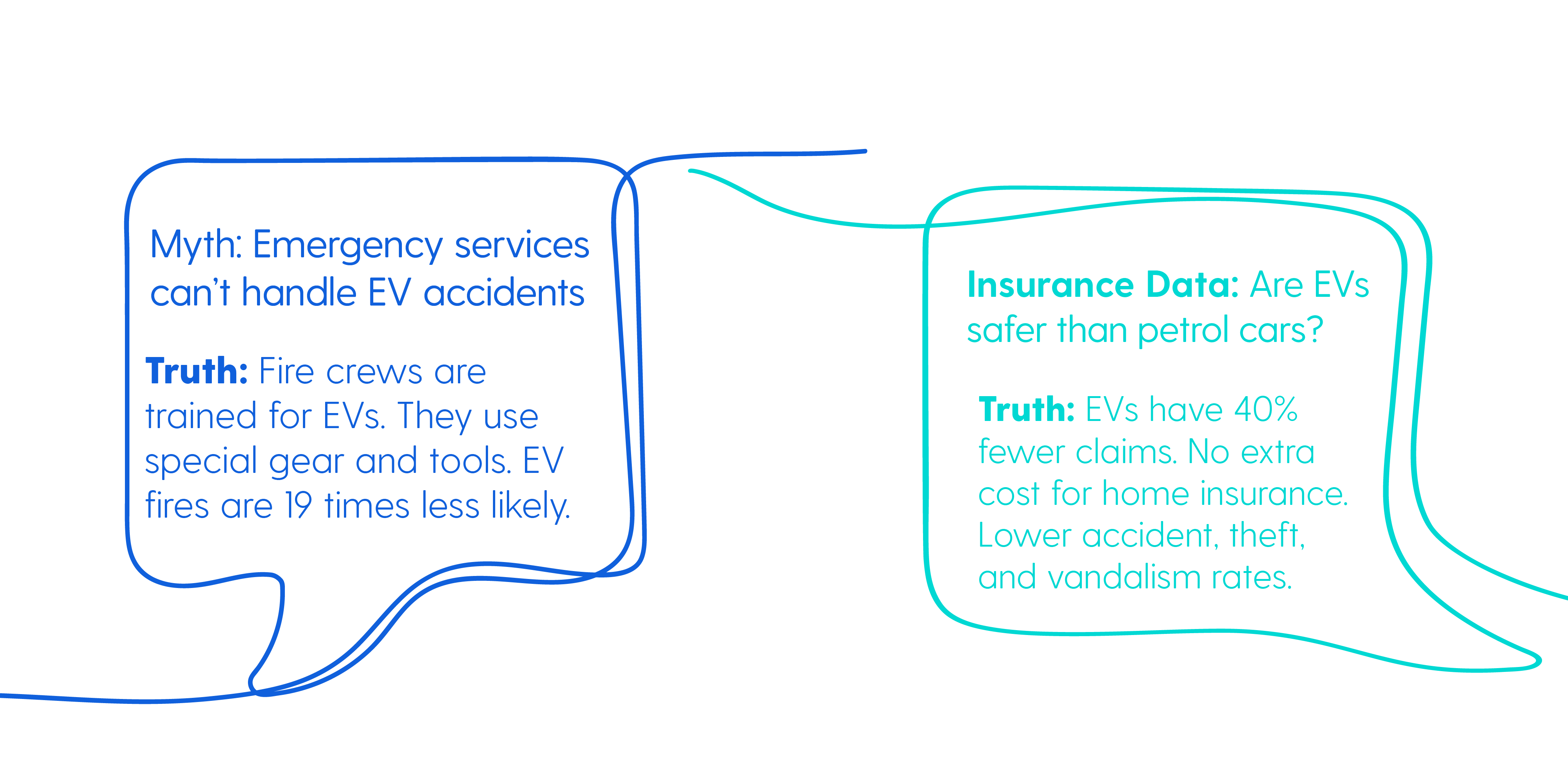
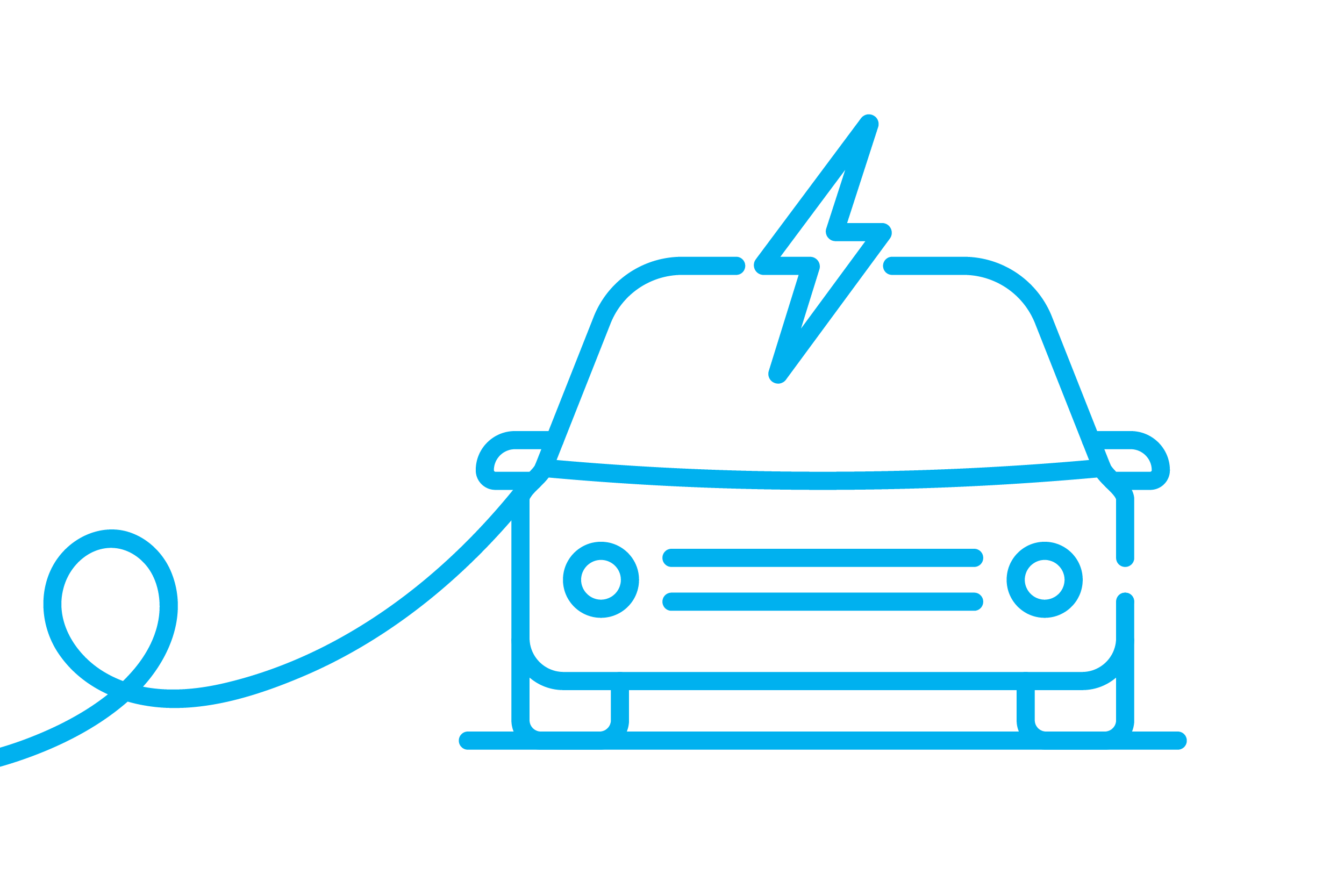
Yes! They’re less fire-prone and are
loaded with smart safety features like
emergency braking and lane assist. With
secure charging and solid crash test ratings,
EVs offer you real peace of mind.
Since 2015 in the UK, only 0.004% of EVs
caught fire. They’re involved in fewer fatal
crashes, with less severe accidents, and
and quicker emergency response makes
them even safer.

Common questions about electric vehicle safety